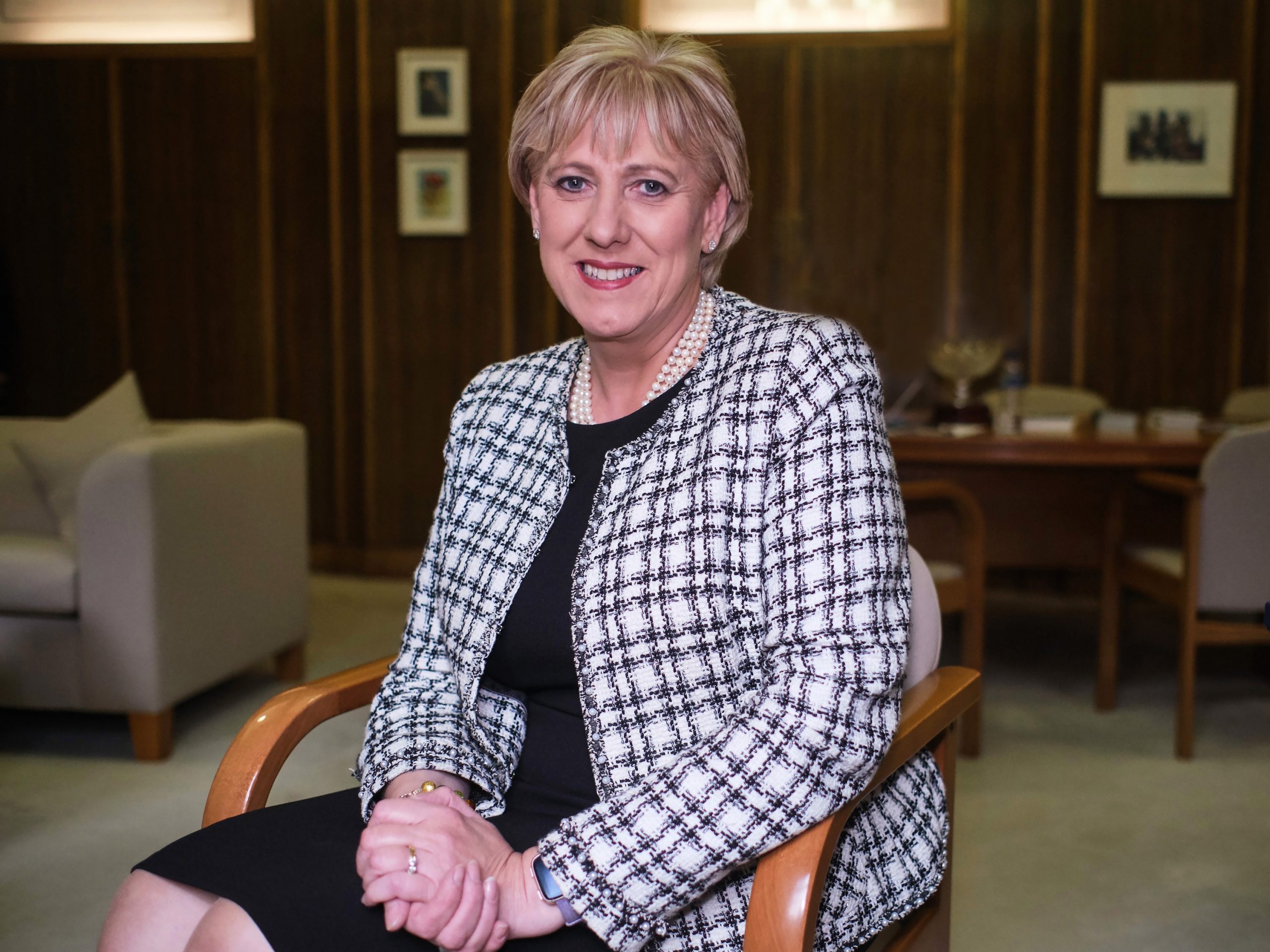Budget 2020 has barely been delivered and digested, yet already, the world is starting to move on. The impending threat of Brexit framed this budget, and, amid the political convulsions in Britain, that threat has quickly overshadowed it. As the prospect of a hard Brexit becomes more real and more tangible, so too does its potentially devastating impact on the large swathes of Irish business. Sitting in her office in the Department of Business, Enterprise and Innovation, Heather Humphreys is acutely conscious of all of this. In the portfolio for almost two years, much of her time has been…
Cancel at any time. Are you already a member? Log in here.
Want to read the full story?
Unlock this article – and everything else on The Currency – with an annual membership and receive a free Samsonite Upscape suitcase, retailing at €235, delivered to your door.

